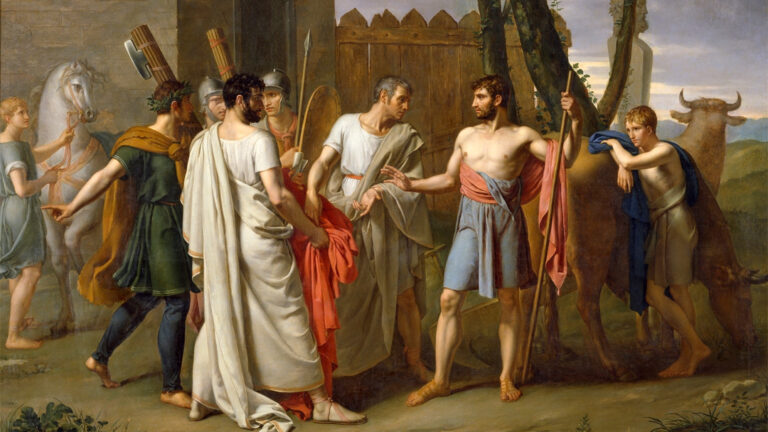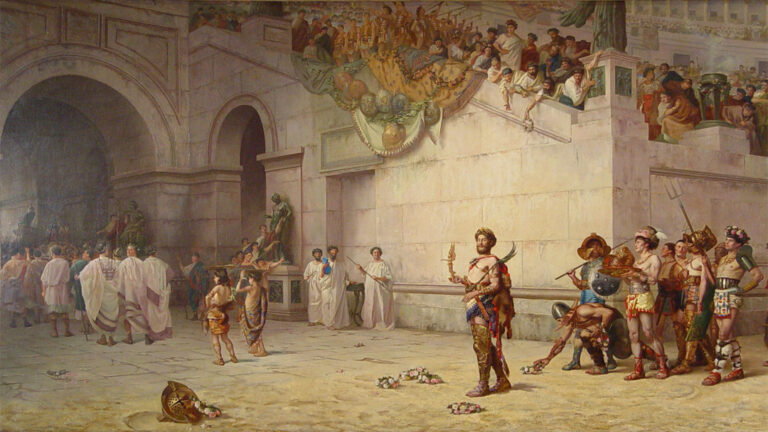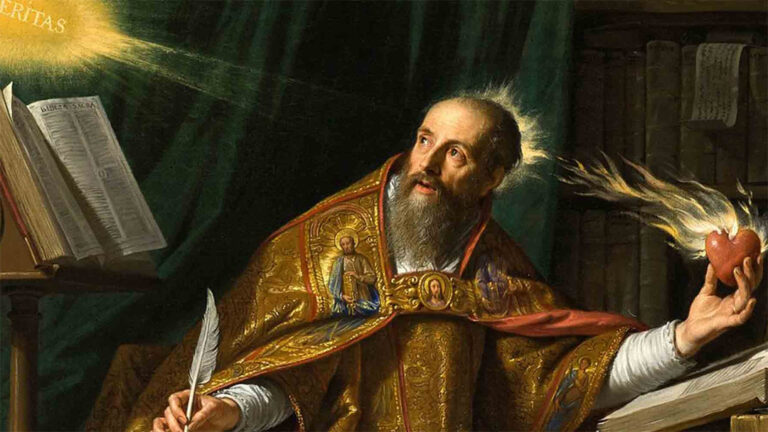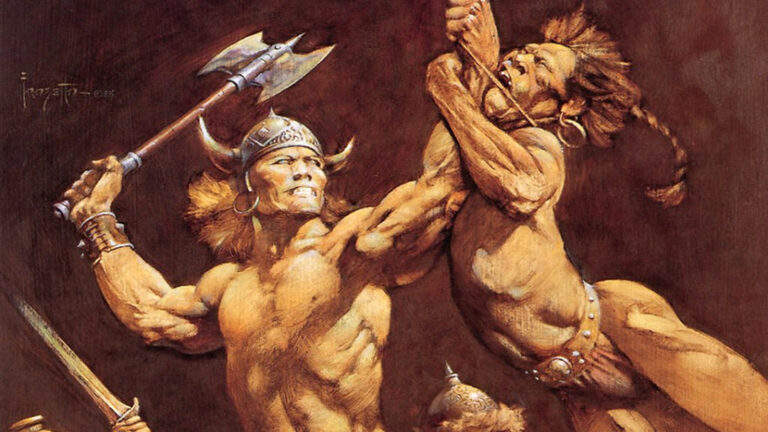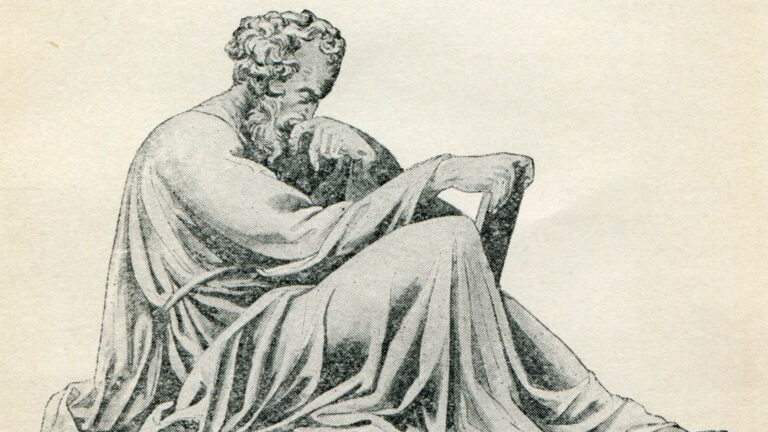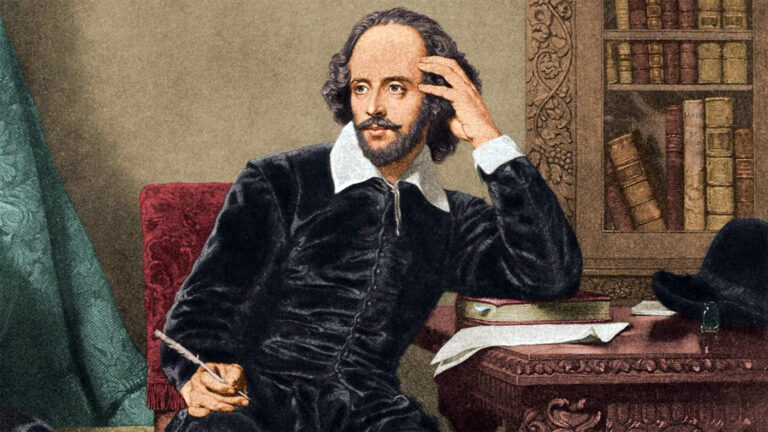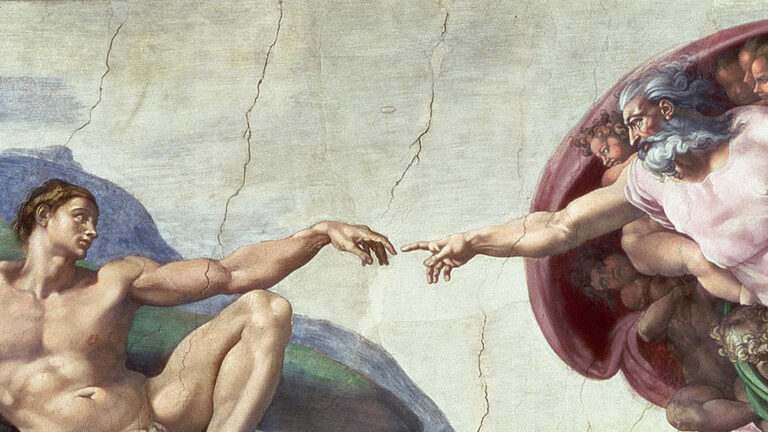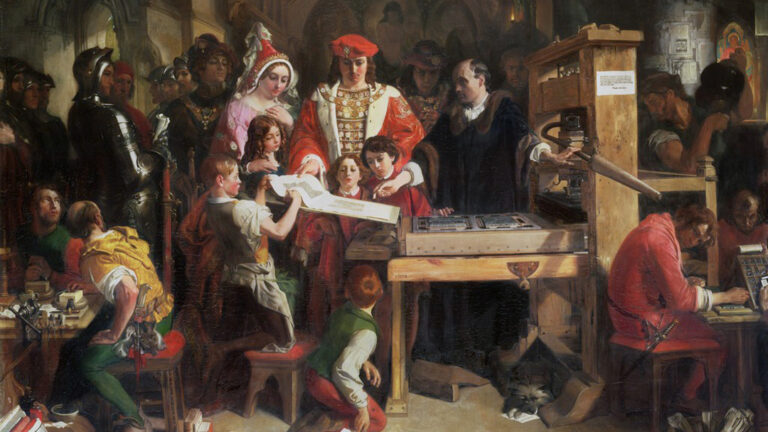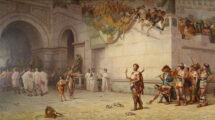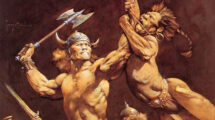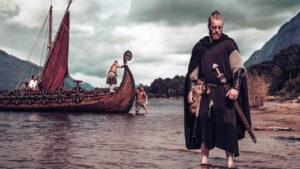LESSON XIV: MICHELANGELO AND LEAVING A LEGACY
Conducting: Steward. Opening Remarks/Announcements (Announce that at the end of the meeting we will: (i) sign up new members; (ii) ask for contributions on the website or take up a collection).
Steward: Explanation of Ethical Overlay. The purpose of the Ethical Overlay is to provide an overlay to ethical, moral and religious beliefs in areas of identity, family and heritage, to promulgate ethical and moral policy and to help each individual to become a better person and preserve the environment for future generations. Announcements will be at the end of the meeting.
Congregant: Opening words of Inspiration
What will future generations remember of us? When we look to what we remember of the past, we find at least a partial answer. Particularly influential people have left their mark throughout history by the consequences of their great acts, or by other legacies such as the art they left behind. Michelangelo, the famous sculptor, was one such artist. His Pieta, David, paintings on the ceiling of the Sistine Chapel, and many more remain testaments to not only his own genius, but also the values of his generation.
“Genius is eternal patience.”
“I am a poor man and of little worth, who is laboring in that art that God has given me in order to extend my life as long as possible.”
“If we have been pleased with life, we should not be displeased with death, since it comes from the hand of the same master.”
-Michelangelo
“Genius is eternal patience.”
Steward: We will now have a Moment of Silence for: __(decide locally)___. [about 20 second pause].
“I am a poor man and of little worth, who is laboring in that art that God has given me in order to extend my life as long as possible.”
Johannes Brahms was a giant among composers of the 19th century. He is considered a true successor of Beethoven, a coveted reputation among musicians and one rarely achieved. While Brahms only wrote four symphonies, their beauty and interest has won every one of them a permanent place in orchestral repertoire, and all are performed regularly today. This selection is the third movement of Brahms’ third symphony, composed in 1883, and runs about 5 1/2 minutes.
Audio Player
00:00
00:00
Use Up/Down Arrow keys to increase or decrease volume.
Steward: We will now have a discussion on the following topic:
Discussion: Michelangelo’s David, Pieta, and Sistine Chapel
Biographer Giorgio Vasari said of Michelangelo’s David, “When all was finished, it cannot be denied that this work has carried off the palm from all other statues, modern or ancient, Greek or Latin; no other artwork is equal to it in any respect, with such just proportion, beauty and excellence did Michelagnolo finish it.”
Of the Pieta, something “nature is scarcely able to create in the flesh.”
Of the Sistine Chapel, “The work has been, indeed, a light of our art, illuminating the world which had been so many centuries in darkness. Oh, truly happy age, and oh, blessed artists, who at such a fountain can purge away the dark films from your eyes.”
1. What effect do these works of art have on the viewers?
2. Has that effect changed over time? What has remained timeless about it?
3. What makes a work of art “great”?
4. How does art serve to prolong a legacy?
5. What legacy did Michelangelo and the other Renaissance artists leave?
6. What legacy do we want to leave?
a. How will we do it?
Congregant: Closing words of inspiration.
Each one of us has the ability, and responsibility, to leave a worthy legacy. Without feeling the need to be the next Michelangelo, we can apply his work ethic and vision to create our own legacies.
“Faith in oneself is the best and safest course.” (this quote shows the influence of the Humanist movement of Michelangelo’s day)
“If people knew how hard I worked to get my mastery, it wouldn’t seem so wonderful at all.”
“I hope that I may always desire more than I can accomplish.”
From https://www.michelangelo-gallery.com/quotes.aspx
Extend an invitation/commitment to apply one thing learned this week.
Steward: Take contributions from group made payable to Ethical Overlay. [Take cash, checks, or commitments to pay online].
[Adjournment] Announcements and Questions after adjournment